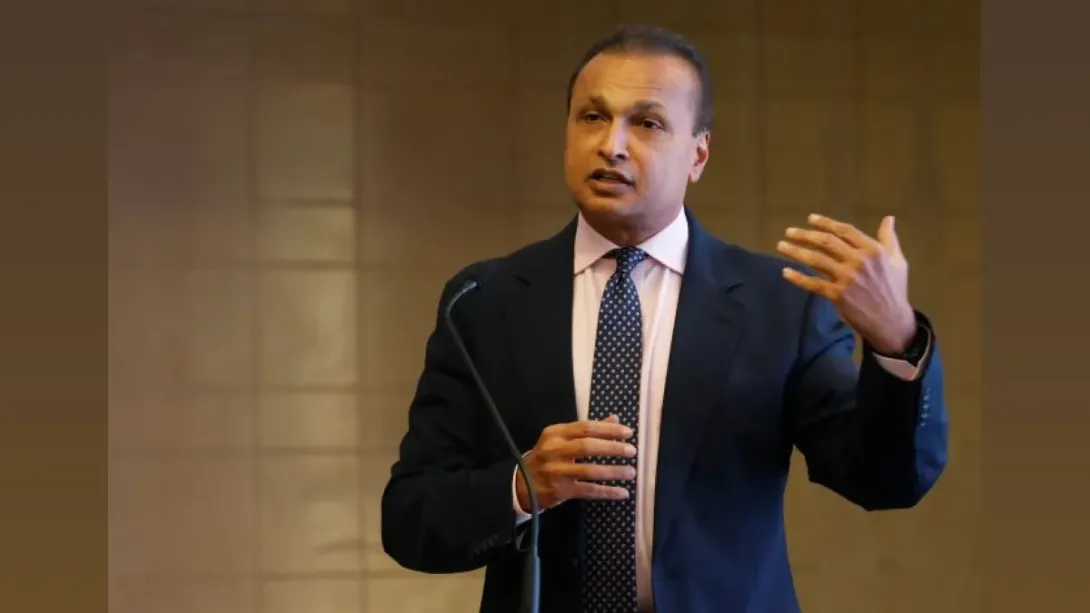Investigative portal Cobrapost has alleged that companies within the Anil Ambani-led Reliance ADA Group were involved in large-scale fund diversion through complex offshore transactions and shell entities. The report claims that the conglomerate used a network of intermediaries to channel money abroad, potentially violating foreign exchange and corporate governance laws. The allegations, which have surfaced amid renewed scrutiny of corporate transparency in India, have raised concerns about financial oversight, regulatory compliance, and the credibility of some of India’s largest business groups. The Anil Ambani Group, however, has denied any wrongdoing, calling the accusations baseless and misleading.
Cobrapost Investigation: Allegations of Financial Misconduct
According to the Cobrapost report, the investigation uncovered a web of transactions suggesting that Reliance ADA Group companies allegedly diverted significant sums of money—estimated to be in the thousands of crores—to offshore accounts through a series of layered corporate structures.
The portal claims that the funds, originally raised from domestic and international lenders, were routed via foreign subsidiaries and shell entities in jurisdictions known for lax regulatory frameworks. These structures, the report alleges, were designed to obscure the origin and final destination of the funds, effectively allowing the group to move capital beyond the reach of Indian authorities.
The investigation also points to possible violations under the Foreign Exchange Management Act (FEMA) and Prevention of Money Laundering Act (PMLA), suggesting that certain transactions lacked proper disclosure or business justification.
Regulatory Scrutiny and Legal Implications
The allegations come at a time when Indian regulators, including the Securities and Exchange Board of India (SEBI) and the Enforcement Directorate (ED), have intensified their focus on financial irregularities involving major corporations. If proven true, the alleged fund diversion could attract serious legal consequences, including penalties and potential criminal charges.
Legal experts note that the complexity of cross-border fund flows often makes such investigations lengthy and resource-intensive. Establishing culpability would require a detailed forensic audit of both domestic and international financial records, as well as cooperation from foreign regulators.
The Reliance ADA Group has reportedly dismissed the Cobrapost claims, labeling them as malicious, false, and defamatory, and asserting that all transactions were conducted in compliance with Indian laws and subject to regulatory audits.
Industry and Market Reactions
The allegations have sparked renewed debate over corporate governance standards and transparency among large Indian conglomerates. Market observers suggest that such reports, even if unverified, can significantly affect investor confidence, particularly in a volatile financial climate.
Shares of Reliance Group entities were reported to have faced mild pressure following the release of the Cobrapost report, as investors awaited official clarifications and potential regulatory responses. Analysts emphasized that the impact on stock valuations would depend largely on whether regulators initiate formal investigations or issue show-cause notices.
Financial analysts also pointed out that these developments could complicate the group’s ongoing efforts to restructure debt and attract fresh investments, as credibility plays a critical role in lender negotiations.
Broader Concerns on Corporate Governance in India
The Cobrapost revelations add to a growing list of controversies surrounding fund flows, promoter accountability, and regulatory loopholes in India’s corporate landscape. The episode underscores the need for stronger disclosure norms, enhanced audit trails, and real-time monitoring mechanisms to ensure that borrowed funds are used for legitimate business purposes.
Observers note that while India has made progress in tightening its financial compliance framework, enforcement gaps still persist—particularly in tracing offshore entities and beneficial ownership patterns.
The controversy also revives discussions about the role of independent directors, auditors, and financial institutions in detecting and preventing potential misuse of corporate funds.
Conclusion: A Test of Transparency and Trust
While the Cobrapost report remains under scrutiny, its allegations have reignited public discourse on transparency, ethics, and accountability in Indian business. For the Anil Ambani Group, already grappling with debt and declining market presence, the claims represent yet another reputational challenge.

Comments